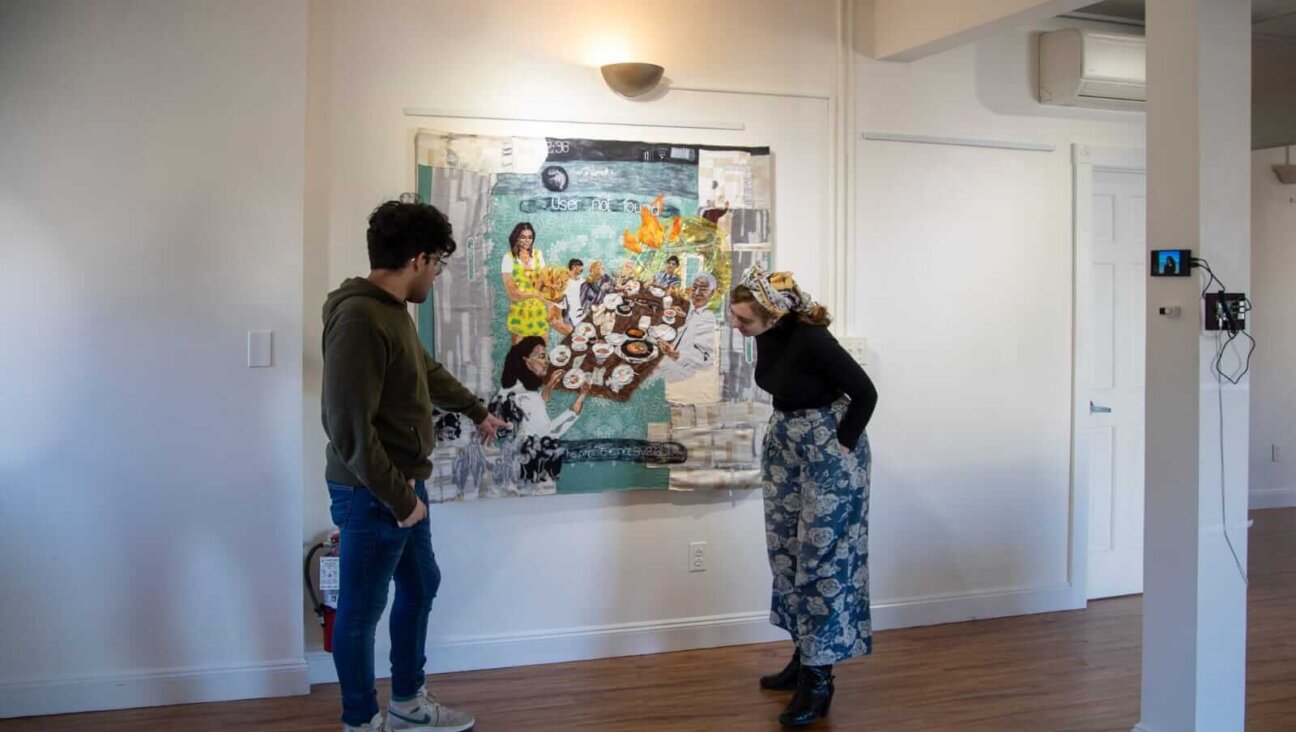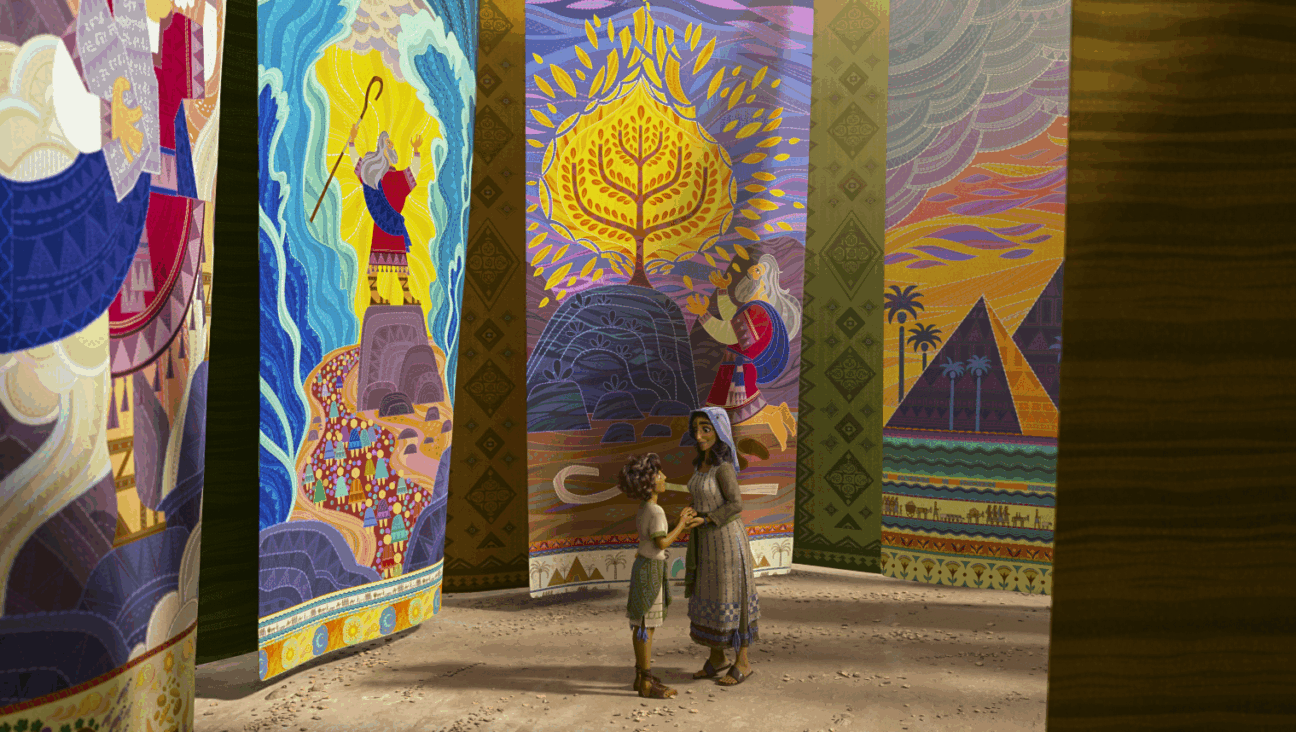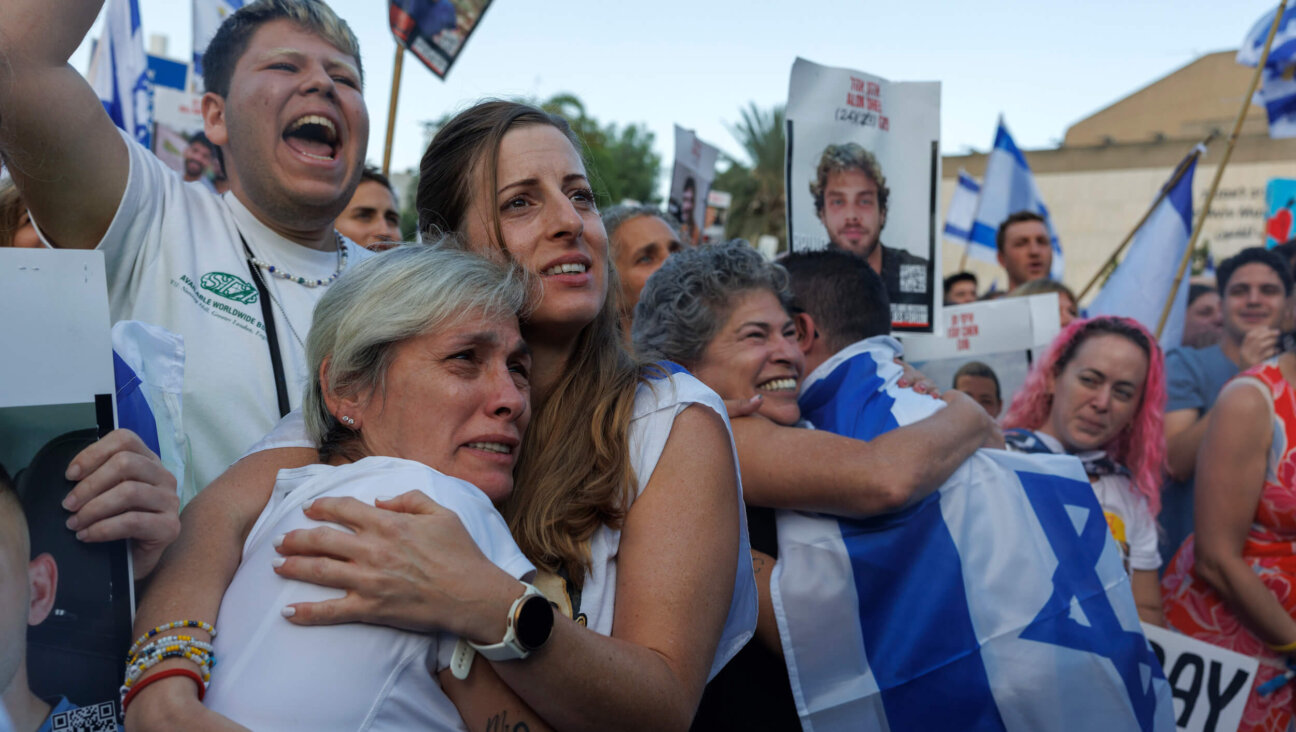Shoah Seminar Stirs Educators
Public school teacher Ronda Hassig remembers when the Holocaust became real for her: when a young Jewish boy in her classroom in Overland Park, Kan., recognized a concentration camp survivors’ medal, which she had purchased at an antique store, on her desk.
“‘Ms. Hassig,’ he said, ‘I have one of those, and it belongs to my grandfather,’” the teacher recalled. “I totally lost it because here was this little guy sitting in front of me, and he was the product of someone who had survived a camp.”
Hassig is one of hundreds of educators across the United States teaching the Holocaust to their students.
As a result of legislation passed during the past decade, six states — California, New Jersey, Florida, New York, Illinois and Massachusetts — mandate that the Holocaust be taught in their public schools. Another 11 state governments recommend that schools teach the Holocaust, though they haven’t passed laws requiring it.
Stanlee Stahl, executive vice president of the Jewish Foundation for the Righteous, says that while instituting mandates is noble, it’s not enough. “The states don’t come up with training money, so here you have a mandate to do something and there’s no training,” she said.
It’s this void that the foundation aims to fill by bringing 40 middle school and high school teachers to its Holocaust education program each summer at Columbia University in New York.
The foundation sponsors the teachers through fellowships in memory of Alfred Lerner, former chairman and CEO of MBNA Corp. and a supporter of the foundation’s programs, particularly in Holocaust education.
The teachers are selected from areas in the United States where the foundation operates Holocaust training centers. Educators from Poland and Croatia also attended this year’s seminar, from June 27 to July 1.
At the seminar, the teachers attended lectures by top scholars — including Nechama Tec, Henry Feingold, Deborah Dwork and Robert Jan van Pelt — and then met in discussion groups to learn how to apply the lessons to their classrooms.
Kaysheila Mitchell, a high school teacher from Duluth, Ga., said she will be more confident teaching the Holocaust after the seminar at Columbia.
“I’m here because I know I can’t always run and ask the history teacher or get on the Internet,” said Mitchell, a language arts teacher. “I think it’s important for me to have the facts straight and know what I am talking about.”
David Schwartz, who works in the public schools in Randolph Township, N.J., thinks the lectures he attended make him more qualified to teach the Holocaust.
“Some of these people are people I have read extensively, and to meet them, hear their voices and attach their voices to their writings provides me with a lot more passion,” Schwartz said.
Ernesto Diaz, from Passaic County Technical Institute in Wayne, N.J., believes that the Holocaust is one of the most enriching subjects in his curriculum.
“I look forward every year to teach the section on the Holocaust because if there is any section that captivates my students’ attention, it’s when you talk about the issues related to humanity,” he said.
The Holocaust’s message also resonates in classrooms outside the United States.
Wojciech Laskowski, a high school teacher from Lochow, Poland, lives 12 miles from Treblinka. He thinks his students benefit from their proximity to the camp.
“I organize the lessons with people who remember that time, so it makes the students closer to that time of history,” Laskowski said. “The students realize that in this part of the earth what happened was such a tragic moment in history.”
Many of the teachers attending the seminar aren’t Jewish, nor are their students. But Paula Laurita, from a Catholic school in Madison, Ala., says her students still need to learn about the Holocaust.
“I need to be able to go to my students with the information that there aren’t always easy answers to this, but they have a continual challenge, just as I do, of becoming a better person and a better citizen to create a better world,” Laurita said. “It’s not a Jewish issue, it’s an issue of humanity.”
















